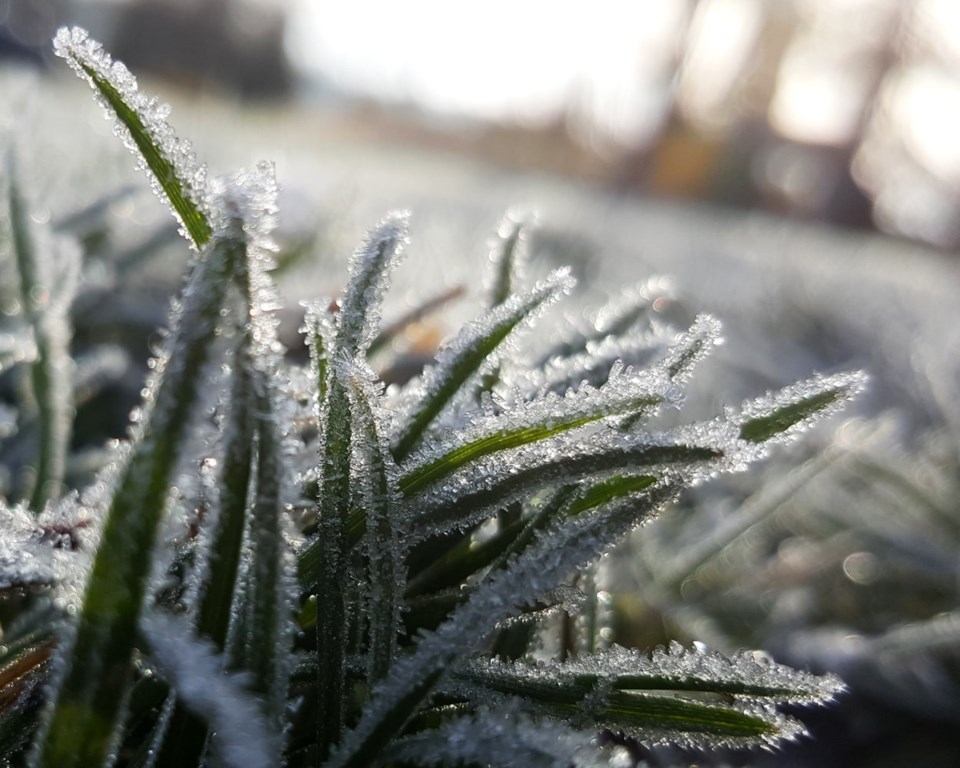A snap of cold weather that is expected to hit the Tri-Cities today has prompted Environment Canada to issue a special weather statement for several areas around Metro Vancouver, including Coquitlam.
The alert warns the weather will turn cold and blustery this week as Arctic air pouring south from Alaska reaches the southwest coast by Wednesday night.
“Temperatures will dip below the freezing mark for most coastal communities,” according to the Environment Canada alert.
The outflow of cold wind will make the Arctic air feel even colder, with wind chill values dropping into the –5 C to –10 C range.
The impending cold weather has prompted the Tri-Cities Extreme Weather Response coordinator to call an "extreme weather alert," triggering the opening of dozens of beds for the homeless across the Tri-Cities.
Trinity United Church volunteer Judy Johnson said the church is encouraging anyone who doesn’t have a warm place to stay to call 211. "Call the number and say, ‘I’m in Port Coquitlam and I need shelter,’” she said.
The shelter at Trinity — located at 2211 Prairie Ave. in Port Coquitlam — will open tonight (Tuesday) at 10 p.m. with 20 beds for anyone in need. The shelter will operate from 10 p.m. to 7 a.m. daily until further notice, according to coordinator Sandra Horton.
The Hope for Freedom Society Bridge Shelter program will also continue to provide 30 sleeping mats for adult 19 and over. The shelter is provided at five churches from October to March. While the location changes every two months, the society runs a bus to pick up people at set locations around the Tri-Cities. Anyone in the Tri-Cities wishing to stay at the Bridge Shelter should call 778-709-2038.
The cold weather has also prompted Environment Canada to remind people who work outside to layer their clothing with a wind-resistant outer layer. Any car commuters or those planning to travel should pack winter emergency kits with a blanket, extra clothes and boots, recommends the department.



